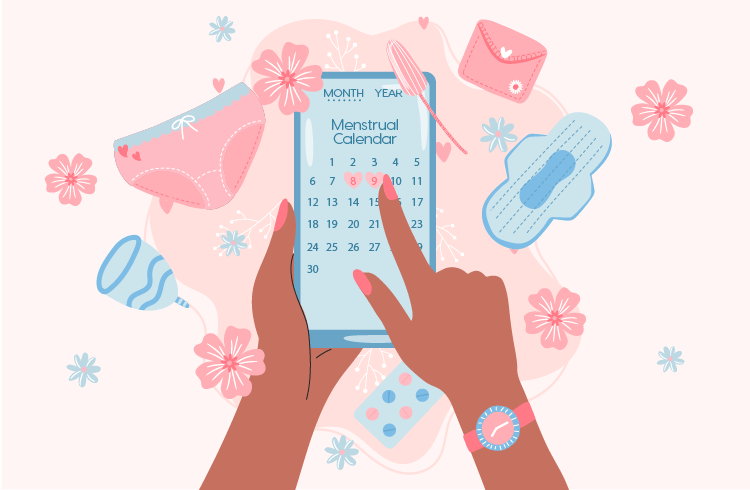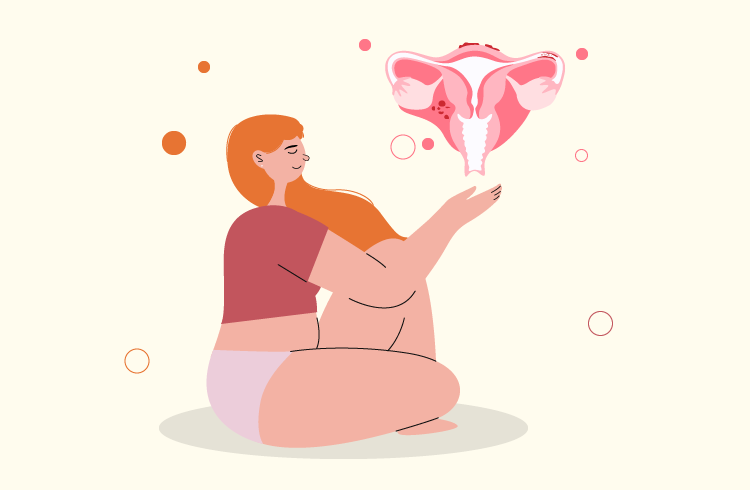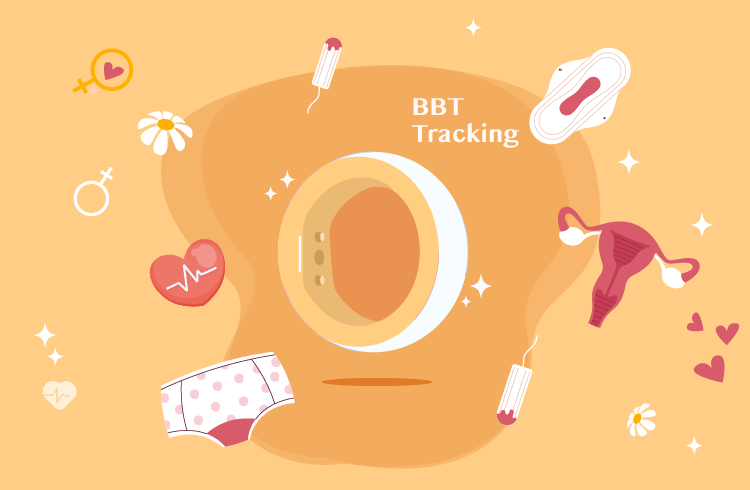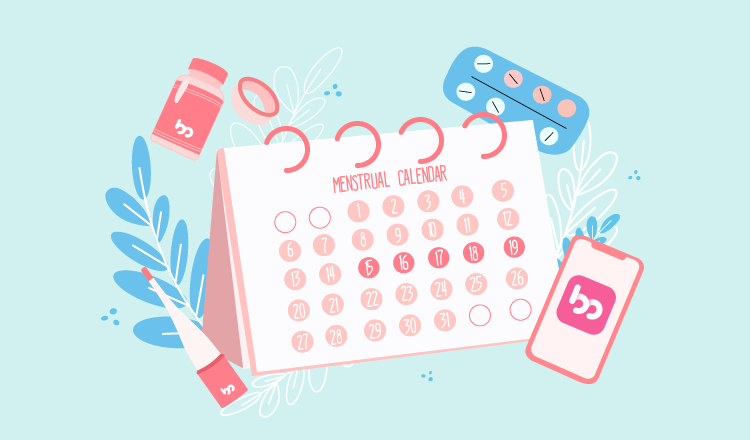Facts About Getting Pregnant at Your 40s.
1. Decreased Fertility
Conceiving in your 40s introduces a unique set of considerations and emotions into your fertility journey. As age advances, the ability to conceive naturally may become more challenging due to a decline in fertility rates. The chances of getting pregnant naturally decrease in your 40s, but that doesn't mean pregnancy isn't possible. It's essential to acknowledge that conception becomes less likely as time progresses, and fertility rates gradually decline, making successful pregnancy more challenging.
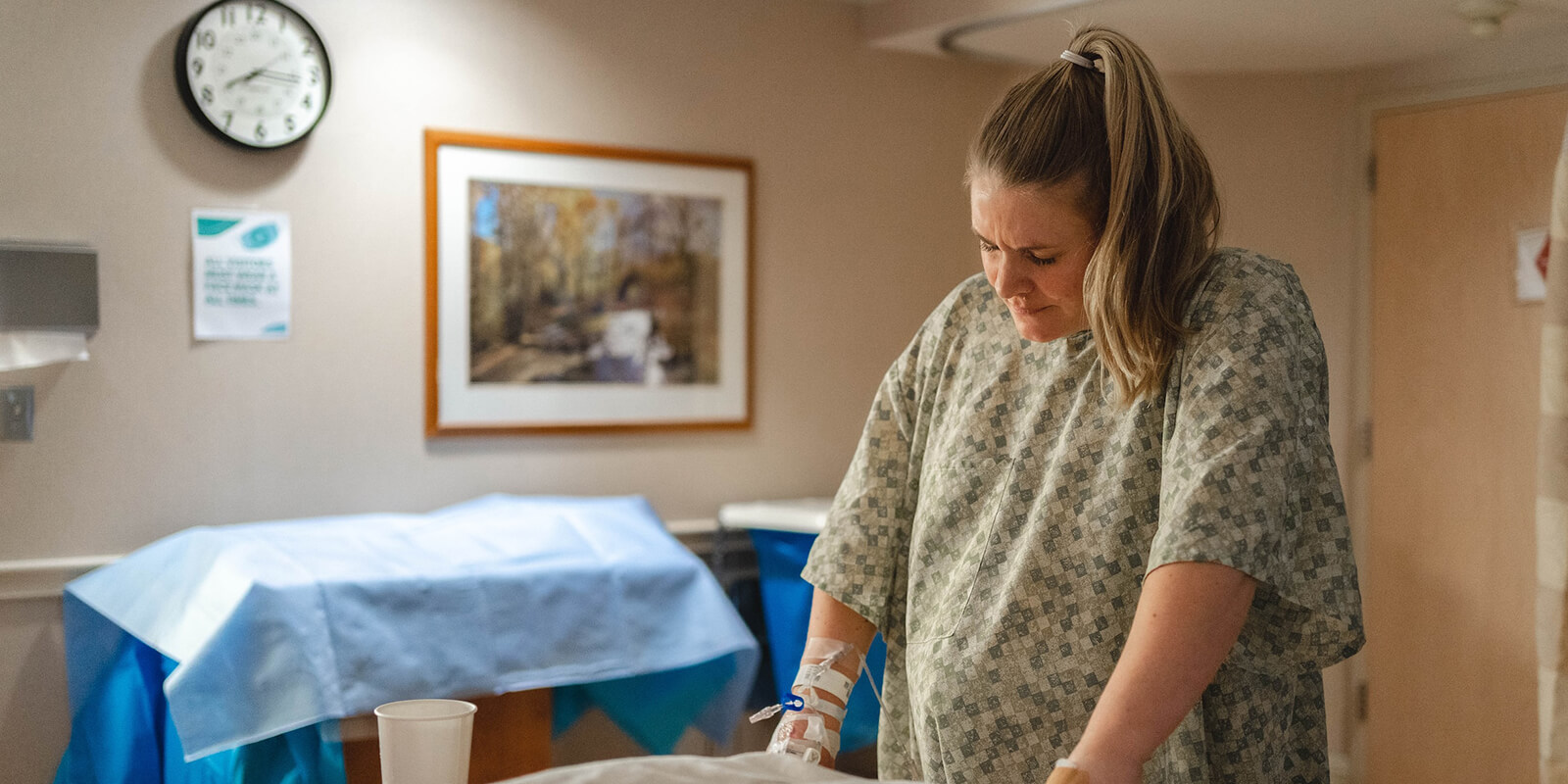
2. Increased Risks of Pregancy
Moreover, there are increased risks associated with pregnancies in your 40s. These heightened risks include a higher likelihood of various complications during pregnancy, such as gestational diabetes, hypertension, and chromosomal abnormalities like Down syndrome. The maternal body also faces an increased chance of experiencing pregnancy-related complications, which can impact both the mother and the baby's health.
3. Facing More Challenges in Delivery and Postnatal Recovery
Additionally, as maternal age increases, delivering a baby might become more challenging. There's an increased likelihood of needing medical interventions during labor, including cesarean sections. Postnatal recovery may also be slower compared to younger mothers, demanding more time and effort for recuperation. These considerations underscore the importance of informed decision-making and comprehensive support when contemplating pregnancy in your 40s.
Does Your Partner's Age Matter?

Considering your partner's age is also crucial. Advanced paternal age can contribute to a higher risk of genetic mutations and developmental issues in the baby. While the impact isn't as significant as maternal age, it's still an important factor to consider when planning to conceive in your 40s.
What to Do Before Starting Your Fertility Journey?
1. Address medical conditions
Before embarking on the journey of conceiving in your 40s, there are essential steps to consider. Firstly, addressing any underlying medical conditions is crucial. Take the time to discuss your health status with a healthcare professional and ensure that any health concerns or chronic conditions are well-managed. It's essential to optimize your health before trying to conceive.
2. Talk with a fertility specialist
Consulting a fertility specialist can be immensely beneficial. These professionals possess expertise in navigating fertility concerns, providing guidance tailored to individual needs. Their insights can offer clarity, addressing any concerns you may have about conceiving at an older age.
3. Check your partner's health condition
Your partner's health also matters significantly in the process. Encourage them to undergo health evaluations as well, as male fertility can be affected by various factors. Ensuring both partners are in optimal health is a crucial step towards a successful pregnancy.
4. Be prepared mentally
Finally, mental readiness is equally important. The journey towards parenthood, especially in later years, can be emotionally challenging. Take time to reflect on your decision and prepare yourself mentally for the possibilities and challenges that conceiving in your 40s might entail. Seeking support from loved ones or considering counseling could help navigate any anxieties or concerns, ensuring you approach this significant life step with confidence and readiness.
How to Get Pregnant Faster?

1.Track your ovulation
Understanding your fertile window is key to expediting the process of conceiving. Typically, this window spans around six days within your menstrual cycle, ending on the day of ovulation and the days prior. To pinpoint this critical phase, consider employing various methods such as ovulation predictor kits, tracking basal body temperature, or monitoring changes in cervical mucus. By familiarizing yourself with these signs and patterns, you can more accurately identify the most fertile days of your cycle, significantly increasing your chances of conception.
Related product: Femometer smart ring for ovulation tarcking
2. Improve egg quality
As you enter your 40s, improving your egg quality becomes paramount for successful conception. Optimal egg health is closely linked to lifestyle choices and overall well-being. Embrace a balanced and nutritious diet, rich in antioxidants, vitamins, and minerals, which can contribute to enhancing egg quality.

Incorporate foods abundant in folate, omega-3 fatty acids, and antioxidants like fruits, vegetables, nuts, and whole grains. Adequate sleep and regular exercise also play pivotal roles in supporting reproductive health and potentially boosting egg quality. Some studies suggest that supplements like inositol might aid in enhancing egg quality; consult your healthcare professional to explore this option further. Adopting a healthy lifestyle and diet can positively influence egg quality, potentially optimizing your chances of successful conception in your 40s.
3. Assisted reproductive technology
Navigating assisted reproductive technology (ART) in your 40s, if you need it, requires careful consideration and consultation with a fertility specialist. The success rates of ART tend to decline with age due to reduced ovarian reserve and egg quality. Additionally, the risks associated with pregnancy and childbirth at this age might influence the decision to opt for ART. However, for some individuals, ART may still be a viable option, and discussing its potential benefits and risks with a specialist is crucial in making informed decisions aligned with your unique circumstances and health needs.
To all those trying to conceive in their 40s, we send you heartfelt wishes and a sprinkle of baby dust for your journey! Remember, if you find that you can't get pregnant even after putting in a lot of time and effort, it's crucial not to blame yourself. Sometimes, the stars need a bit more time to align perfectly. Cherish and relish each moment of your life, shower yourself with self-love, and encircle yourself with those who genuinely care about you—because, ultimately, these are the things that truly matter.
The journey might have its ups and downs, but your resilience and positivity will guide the way forward. Keep the faith; your story is still unfolding, and the best chapters are yet to come!
This article is the original creation of Femometer. All rights reserved by Femometer Inc. To reproduce, distribute, or reference the content, please reach out to us in advance to prevent any potential legal issues. Copyright © Femometer Inc.





